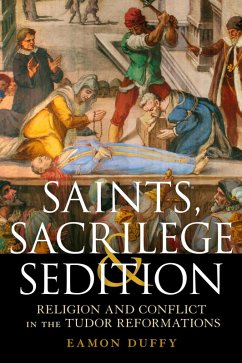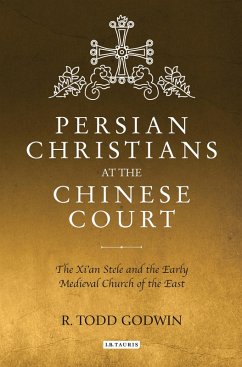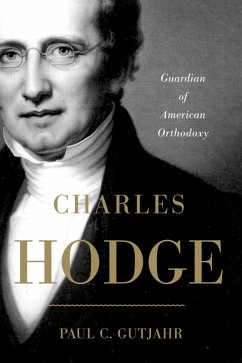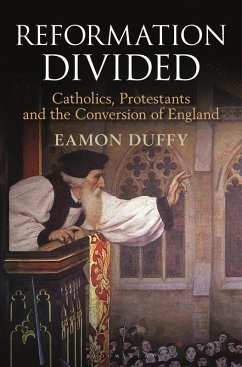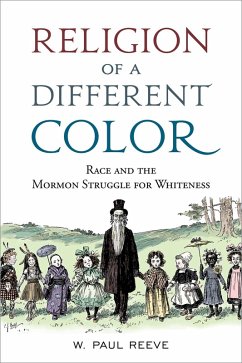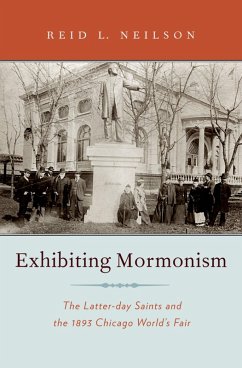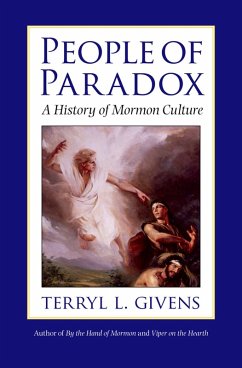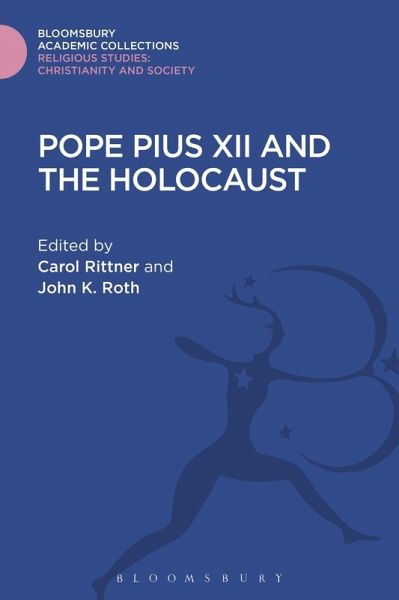
Pope Pius XII and the Holocaust (eBook, PDF)
Versandkostenfrei!
Sofort per Download lieferbar
91,95 €
inkl. MwSt.
Weitere Ausgaben:

PAYBACK Punkte
46 °P sammeln!
This collaborative effort by a number of the world's leading experts on the Holocaust examines the question: how should Vatican policies during World War II be understood? Specifically, could Pope Pius XII have curbed the Holocaust by vigorously condemning the Nazi killing of Jews? Was Pius XII really 'Hitler's Pope', as John Cornwell suggested? Or has he unfairly become a scapegoat when he is really deserving of canonization as a saint? In Pope Pius XII and the Holocaust, scholars including Michael Marrus, Michael Phayer, Richard L. Rubenstein and Susan Zuccotti wrestle with these questions. ...
This collaborative effort by a number of the world's leading experts on the Holocaust examines the question: how should Vatican policies during World War II be understood? Specifically, could Pope Pius XII have curbed the Holocaust by vigorously condemning the Nazi killing of Jews? Was Pius XII really 'Hitler's Pope', as John Cornwell suggested? Or has he unfairly become a scapegoat when he is really deserving of canonization as a saint? In Pope Pius XII and the Holocaust, scholars including Michael Marrus, Michael Phayer, Richard L. Rubenstein and Susan Zuccotti wrestle with these questions. The book has four main themes: (1) Pope Pius XII must be understood in his particular historical context. (2) Pope Pius XII put the well-being of the Roman Catholic Church, as he understood it, first and foremost. (3) In retrospect, Pope Pius XII's priorities, understandable though they are, not only make him a problematic Christian leader but also raise important questions about post-Holocaust Christian identity. (4) Jewish and Christian memories of the Holocaust will remain different, but reconciliation can continue to grow. On all sides, relations between Christians and Jews can be improved by an honest engagement with history and by continuing reflection on what post-Holocaust Christian and Jewish identities ought and ought not to mean.




